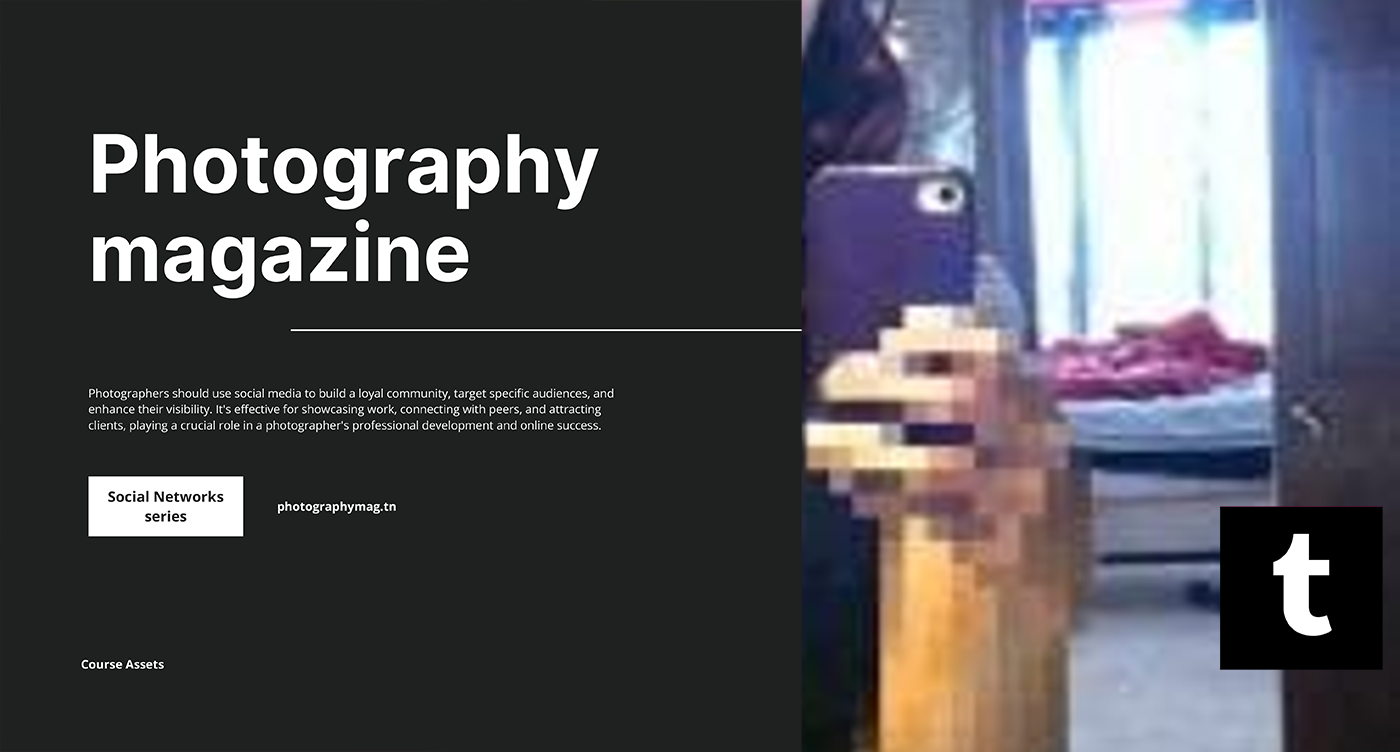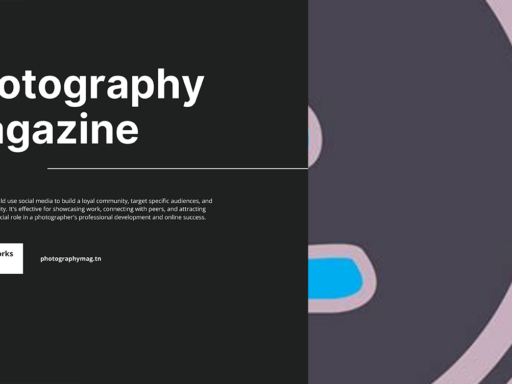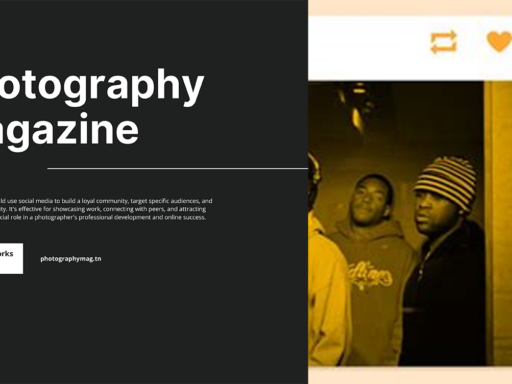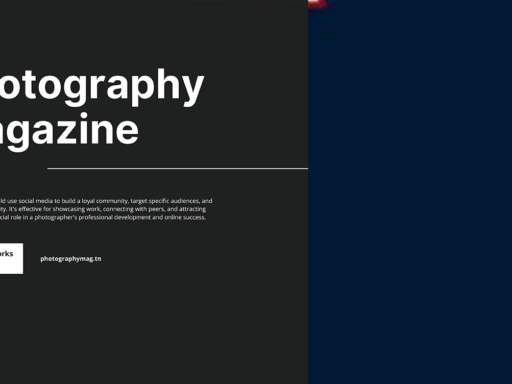Is Tumblr Censored Now? Let’s Dive Into The Whirlwind
Ah, Tumblr—a wild oasis of memes, art, nostalgia, and yes, let’s not forget, a place where you could stumble across some rather explicit content. But those days feel as distant as your 2012 haircut, don’t they? If you’ve been living under a rock (or just not peeking at your Tumblr dashboard lately), you’re probably wondering: Is Tumblr censored now? Well, grab a snack (or a cup of tea), and let’s break this down.
A Brief History of Tumblr’s Content Policies
First off, let’s jog down memory lane. Tumblr was that rebellious teenager of social media platforms—full of quirky insights and bizarre fandoms. Then, around December 17, 2018, smack—they threw a curveball that sent shockwaves through the community. Yep, that was the day when they decided to crack down on adult content altogether.
Due to their new policy, users found themselves grappling with the sudden loss of not just explicit content, but also naked art and the nude forms considered “artistic.” This led to a mass exodus of users seeking refuge elsewhere, like Twitter or OnlyFans, because let’s face it, a platform that can’t handle the “nude awakening” isn’t exactly where you want to hang your digital hat.
What’s Allowed vs. What’s Not Allowed?
Nowadays, they say that “text, images, and videos that contain nudity, offensive language, sexual themes, or mature subject matter” is allowed, but there’s a catch—a pretty significant one at that. While you can flaunt some mature themes (because let’s be real, who doesn’t love some eye-roll-worthy fan fiction?), any visual depictions of sexually explicit acts or content that makes you feel like your mom would faint (i.e., anything with an overt focus on genitalia) are still a big no-no.
So, if you are planning on posting images reminiscent of Michelangelo’s “David,” congratulations, you’re good! But if your mind drifts toward any spicy content, let’s hit the brakes there. Apparently, those pixelated pixels are safer within the walls of private DMs than out in the public view.
Compare this to other platforms: sites like Reddit have their own adult subreddits, where edgy content thrives. But Tumblr? Nah, they’re holding their cards close to their chest.
The New Norm or Just a Temporary Phase?
You know the phrase, “If you can’t beat them, join them?” Well, it seems Tumblr opted for a different mantra: “If we can’t manage the chaos, let’s put a leash on it.” As a result, many users feel stifled, like an artist told to paint within the lines of a coloring book designed for five-year-olds.
Is this censorship? It feels like it, but technically it’s more of a limping compromise. They want to retain their brand image while not completely alienating the content creators who helped build its reputation. But how much longer can they balance on this tightrope?
Censorship or Content Moderation?
Here’s where things get juicy: Censorship, in a strict definition, aims to suppress free expression. In contrast, content moderation is about creating a safe space for users and preventing inappropriate or harmful content. But let’s face it—when the execution lacks transparency, and the lines blur, it starts to sting a little.
Most creatives on Tumblr are navigating this sensory overload of ambiguity. What feels artistic and free to one could feel borderline offensive to another. Tumblr’s team seems to operate on an arbitrary algorithm that decides how far is too far. You know what they say—one person’s art is another’s dismissal button.
The Reactions: A Symphony of User Opinions
When the content policy changed, the reaction was something akin to throwing a rock in a pond. Some users were genuinely understanding, appreciating the desire for a safer space. Others had their pitchforks out and were proudly marching in the streets of protest—figuratively, of course.
Users started to express their disdain not only through text posts but through outrageously creative memes. Honestly, the memes were golden—some users transformed the pornography ban into hilarious art projects that spiritedly mocked the limitations set upon them. One Tumblr post humorously showcased “the many faces of a user trying to adapt to newly regulated content” complete with GIFs and quirky expressions. If a platform could adapt humor out of censorship, then there’s always hope for humanity, right?
Creating in the Era of Censorship
So how does one navigate this new, censor-heavy landscape? Here’s a strategy: let’s pivot and turn that frown upside down—much like an artistic play on the whole situation!
- Use Creative Language: If you’re a writer, perhaps it’s time to get a bit poetic. Create a sensational romance novel without actually writing about that thing. Use metaphors and analogy like you’re trying to woo Homer himself.
- Subtle Art is Key: Got drawn content? Find ways to make your art cerebral, clever, or even layered through metaphorical representations. Remember the Victorian era? They knew how to hide their spicy bits behind a corset and a flurry of fabric, and you can do it too!
- Engage with Your Community: Join those small circles that revel in shared interests. Sometimes, smaller communities promote more freedom in expression. They keep each other accountable while fostering creativity—kind of like studio dwellers gathering for a creative brainstorming session.
Don’t let others dictate how you express yourself—you’ve got too much RGB-flavored creativity in your bones for that!
The Future Landscape of Tumblr
Now, let’s speculate the future. Will Tumblr eventually lighten up? Will they allow the sprawling posts of steamy romance back onto the platform? Well, the winds of change seem to sway unpredictably. Tumblr’s management could look at its competing platforms and realize limiting expression ultimately results in a lackluster community.
Just like a high school prom, a little wildness can often be the glue that binds a vibrant community. At some point, they’ll need to strike a balance that balances safety and expressiveness, or risk losing the very users who helped them blossom.
In summary, Tumblr is certainly feeling the censorship pinch. While they’ve made attempts to tread a fine line between protecting users and allowing expression, it feels like they’ve taken a huge step toward the “prohibit anything fun” territory. So before you dive deeper into those Tumblr waters, do yourself a favor—stay informed of their ever-shifting rules and be ready to sprinkle some creativity on the topic of new-age censorship.
To stay updated, consider following blogs and users who are experts in Tumblr content policies. Engaging with communities discussing these changes can often open up fascinating perspectives and, yes, even some rebellion.
After all, in the wise words of Shakespeare, “The world’s mine oyster!” or, in Tumblr terms, “The dashboard’s mine, even if it’s slightly duller now.” So go ahead, create, stir the pot, and let’s see where this whole dramatic saga of Tumblr lands. ✨





